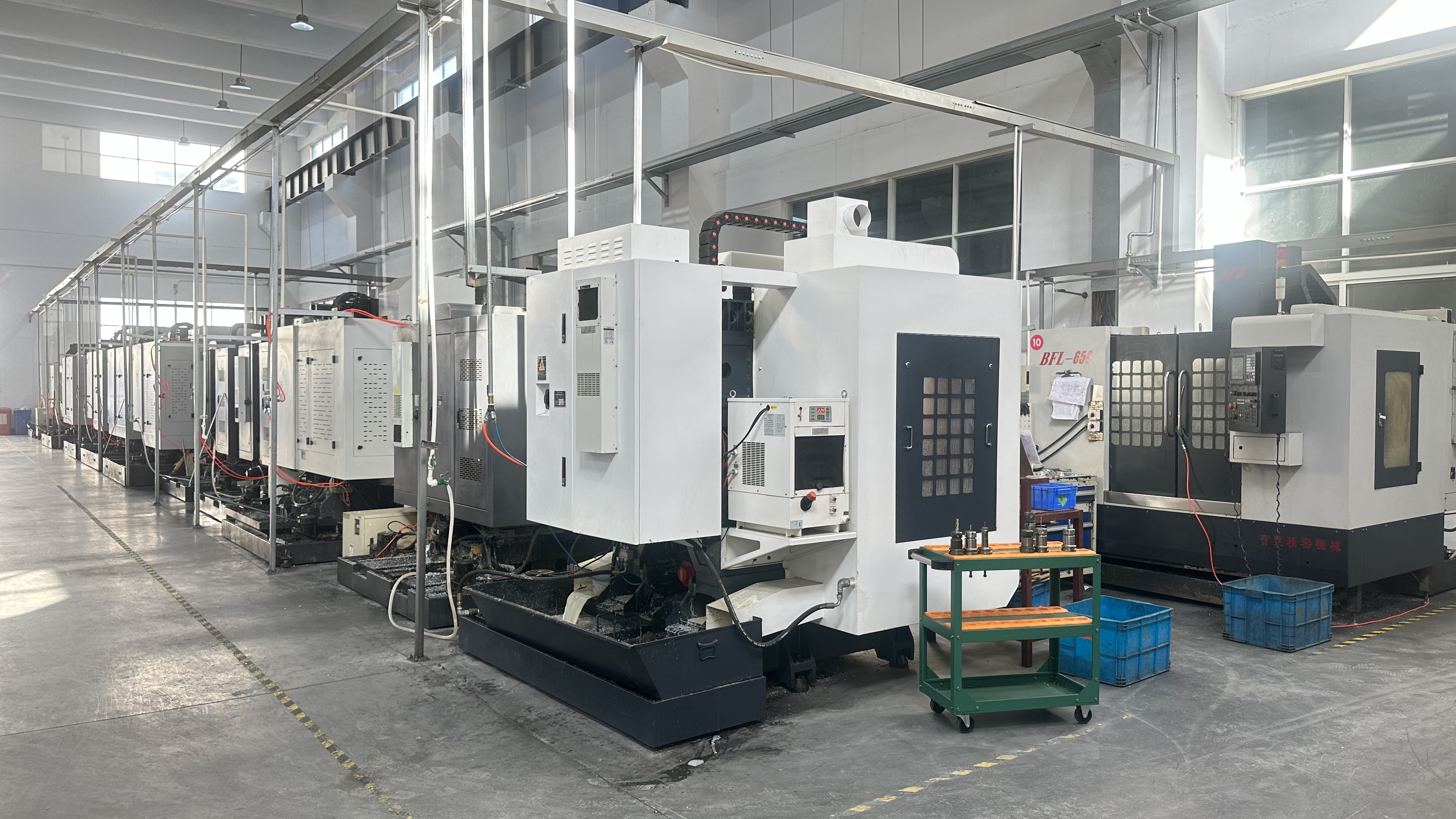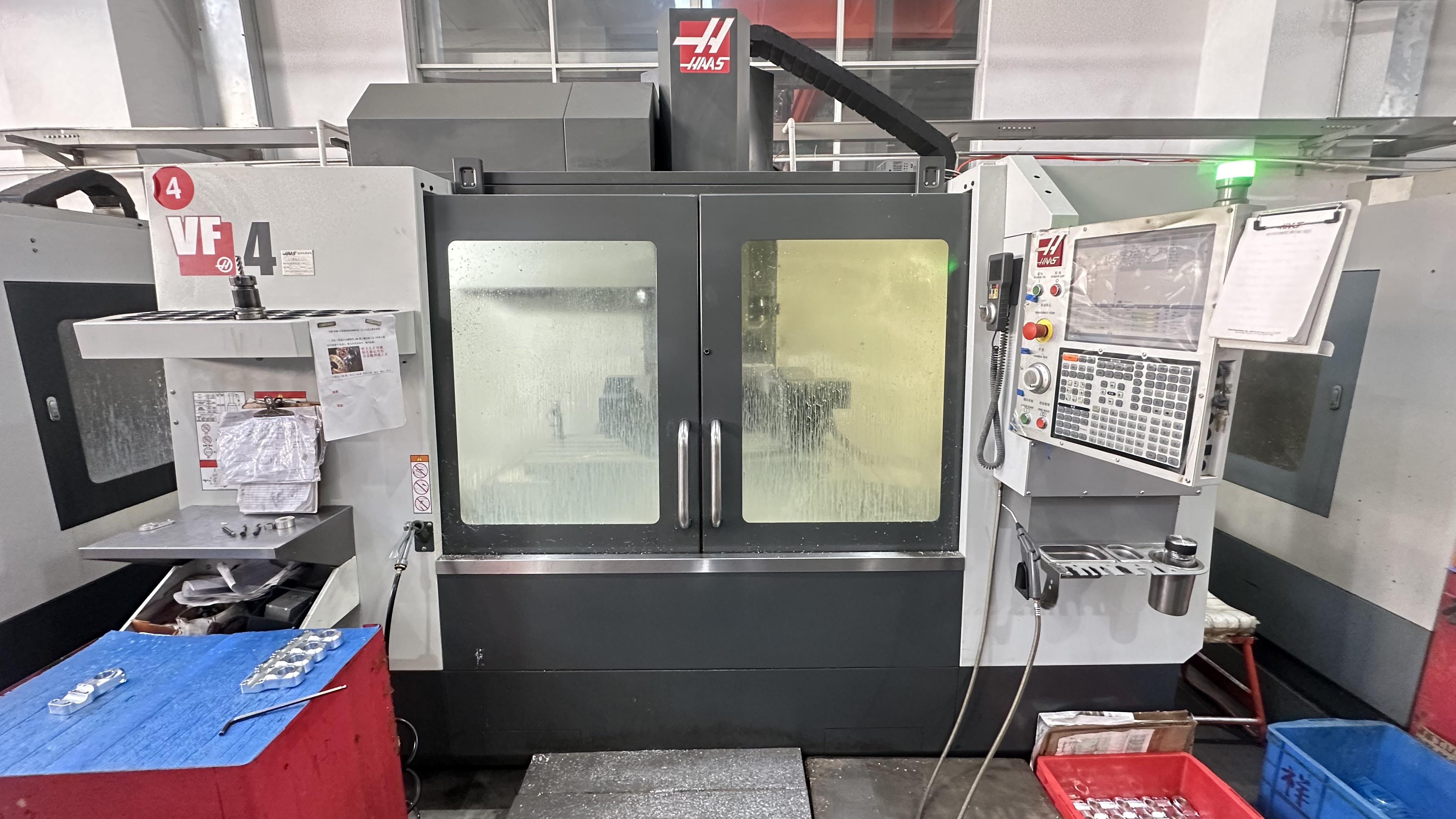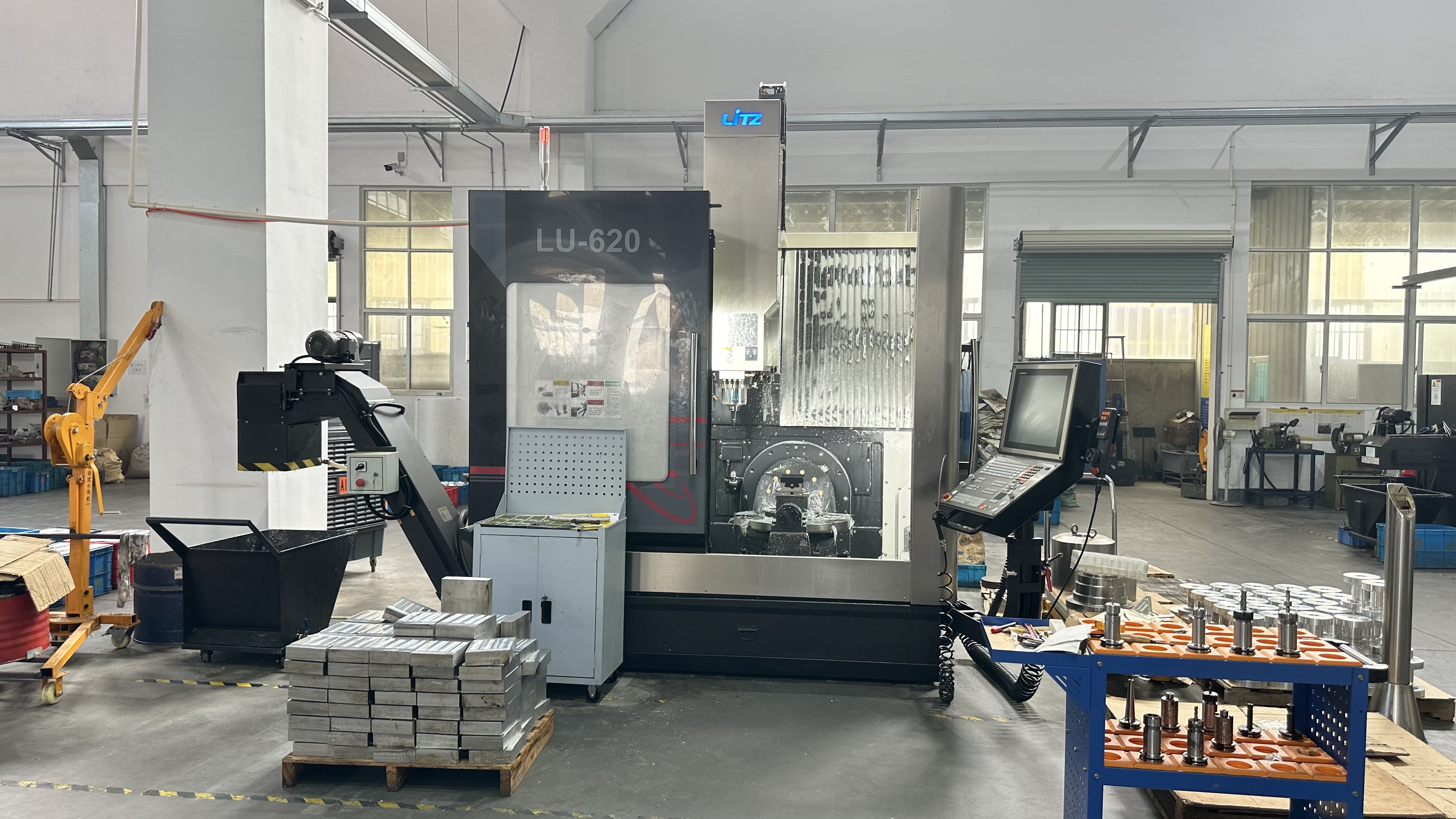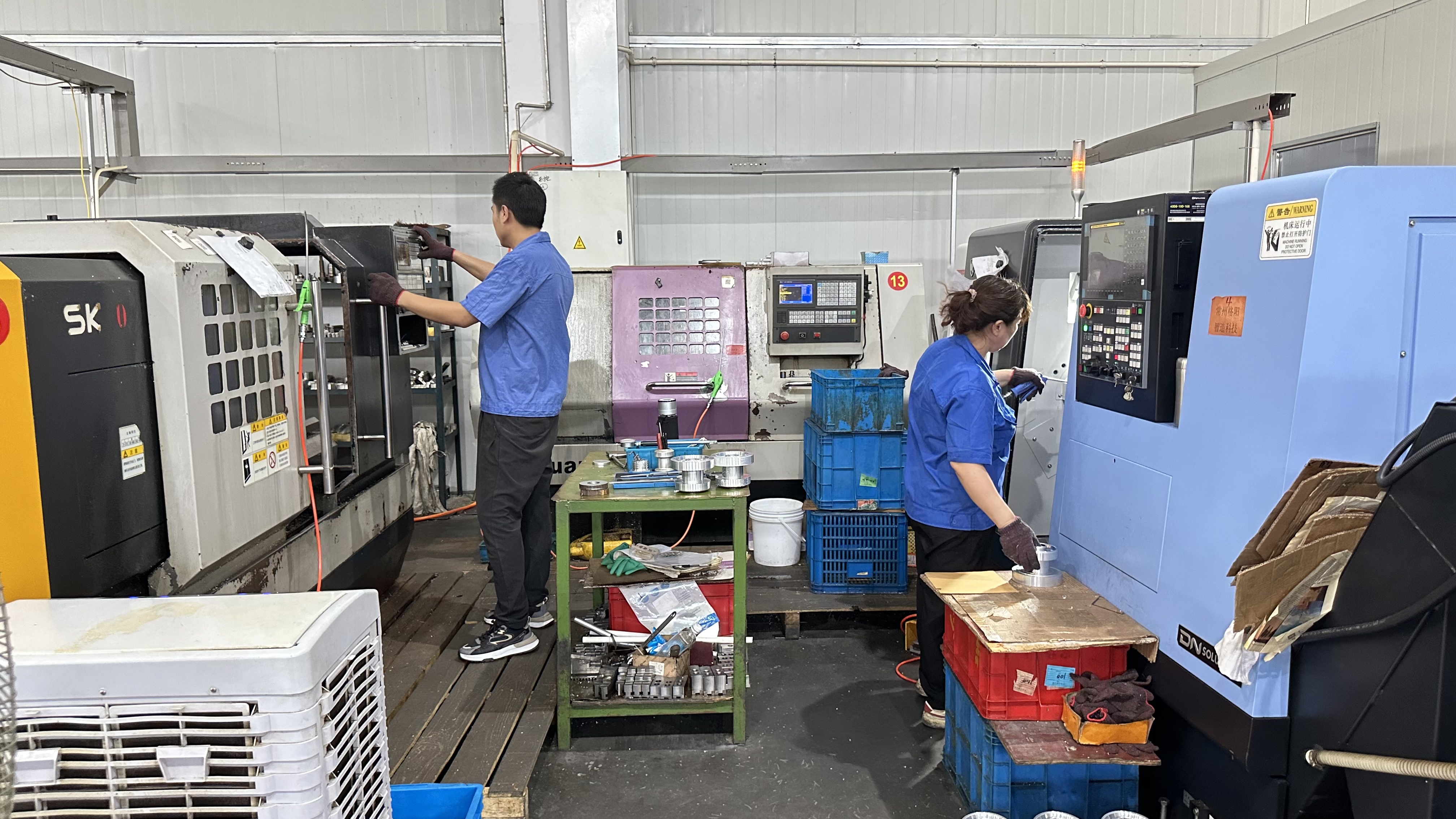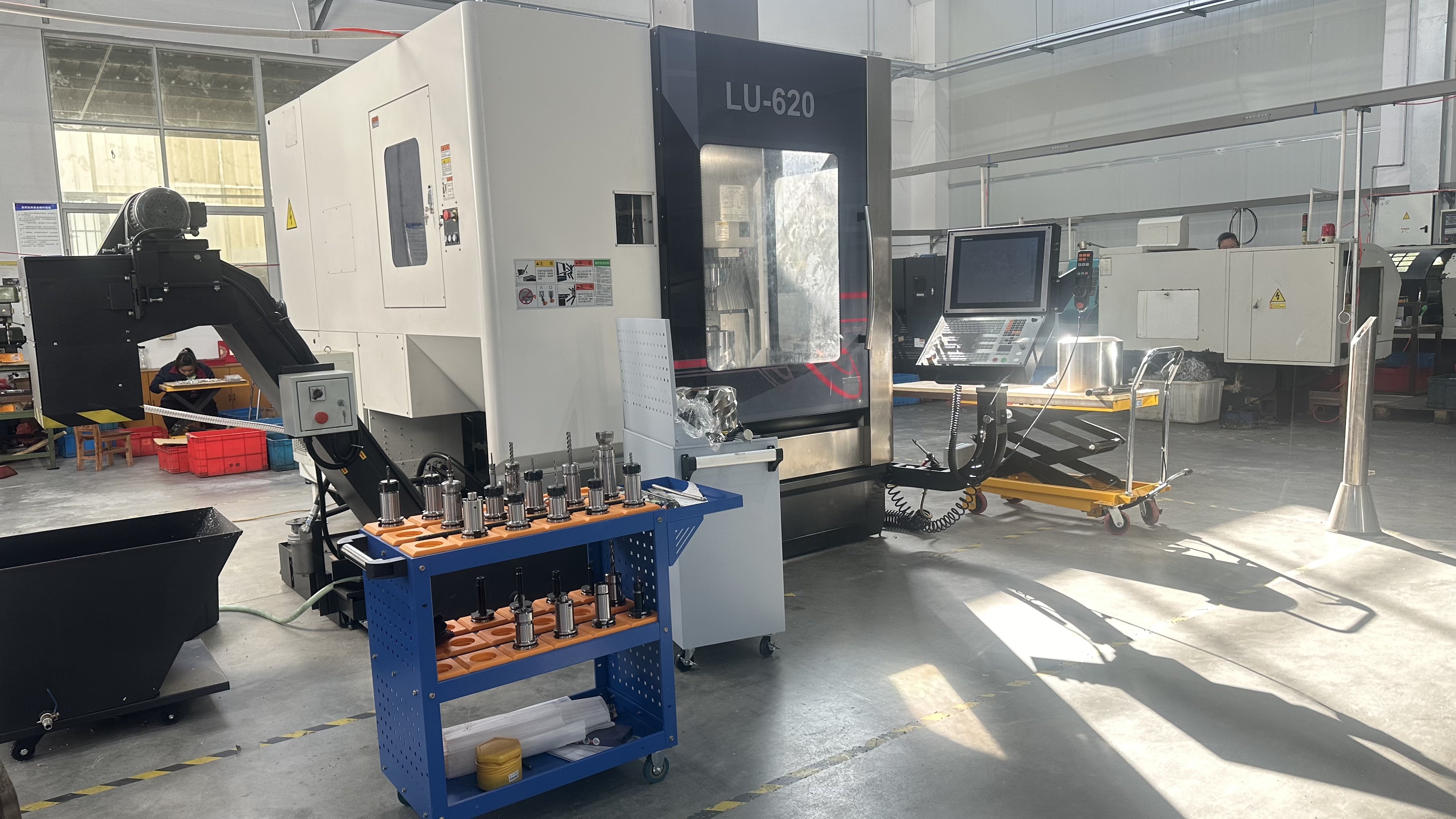Go Kart Axle: The Backbone of Your Kart’s Performance
The Go Kart Axle is a pivotal drivetrain component designed to connect rear wheels, transfer power, and maintain stability in go-kart racing and recreational setups. Crafted from high-strength materials like chromoly steel or 7075 T6 aluminum, it’s available in diameters from 25mm to 50mm and lengths from 30” to 40”, supporting #219 or #428 pitch chains and engines like Predator 212cc, Rotax Max, IAME X30, or Briggs LO206. Compatible with chassis from Tony Kart, OTK, Manco, and Trailmaster, this axle is perfect for racers, mechanics, and DIY enthusiasts, aligning with your interest in performance parts like sprockets, hubs, and wheel studs (March 18 and April 11-16, 2025). Whether you’re tuning for a sprint track or building a custom kart, the Go Kart Axle delivers robust durability, adjustable stiffness, and precise handling for every lap.
What Is a Go Kart Axle?
A Go Kart Axle is a solid or hollow shaft that spans the rear of the kart, mounting wheels, hubs, sprockets, and brake discs to transmit engine power. Typically made from chromoly steel for strength or aluminum for lightweight racing, it features keyways (e.g., 6mm or 8mm) and is available in soft, medium, or hard flex ratings to tune chassis dynamics. This axle ensures wheel alignment and power delivery, critical for racing performance, as seen in brands like OTK and QRC.
Why Use a Go Kart Axle?
Axles determine handling through flex and weight, impacting grip and cornering, a key focus in your inquiries about drivetrain components like Luckyway’s lightweight parts. They withstand high-torque loads, allow track width adjustments via hubs, and support quick swaps for tuning, making them essential for racers optimizing for tracks or builders seeking reliability in rugged or custom setups, especially for off-road or high-speed applications.
Designed for Versatility and Fit
Our Go Kart Axles are engineered for 25mm-50mm diameters, supporting 5” or 6” wheels, #219 (7.95mm) or #428 (12.7mm) chains, and chassis like CRG, Kosmic, and Yerf-Dog. Available in chromoly steel or anodized aluminum, they include keyways and fit engines from 150cc to 300cc, offering a durable, adaptable solution for racing classes or recreational karts, with flex options for tailored handling.
Key Features of the Go Kart Axle
The Go Kart Axle combines premium materials, customizable flex, and precision engineering, making it a vital component for kart performance. Here’s what sets it apart.
Chromoly Steel or 7075 T6 Aluminum Build
Crafted from chromoly steel (120,000 PSI tensile strength) or 7075 T6 aluminum (73,000 PSI), axles weigh 4-8 pounds (e.g., 40mm steel at 6 lbs). Zinc-plated or anodized finishes ensure 800-1,500 hours of corrosion resistance in wet or dusty conditions, ideal for racing or off-road durability, reflecting the quality of Luckyway’s CNC-machined parts you’ve explored.
Adjustable Flex for Handling
Available in soft (1.5mm wall), medium (2mm), or hard (3mm) flex ratings, axles allow tuning for grip or speed, as seen in QRC’s adjustable designs. Softer axles enhance cornering on low-grip tracks, while harder ones stabilize high-speed straights, offering racers precise control for sprint or oval racing, optimizing chassis dynamics.
Precision Keyways and Fitment
Featuring dual 6mm or 8mm keyways, axles secure hubs, sprockets, and discs with 0.02mm accuracy, preventing slippage under torque. Diameters (25mm-50mm) and lengths (30”-40”) fit brands like OTK or Margay, supporting high-horsepower karts with IAME X30 or Rotax Max engines, ensuring reliable power transfer.
Corrosion-Resistant Coatings
Zinc-plated steel or hard-anodized aluminum (30-50µm) resists track debris, moisture, and UV exposure, extending life in abrasive conditions. This durability, common in Comet Kart Sales’ axles, suits wet races or off-road trails, offering low-maintenance reliability for racers and hobbyists, aligning with your focus on durable components.
Applications of the Go Kart Axle
The Go Kart Axle’s robustness and tunability make it ideal for diverse karting needs, from pro racing to custom builds, resonating with your interest in performance parts like wheel studs and sprockets.
Competitive Kart Racing Precision
In sprint, oval, or TAG racing, this axle supports chassis like Tony Kart or OTK with engines like Rotax Max or IAME X30. Flex options (soft for tight tracks, hard for straights) optimize grip in Senior Max or KZ classes, enhancing cornering and stability, as used in CRG’s high-performance setups, ensuring lap-time gains.
Recreational Kart Drivetrain Upgrades
For club racers or casual drivers with Predator 212cc or Honda GX200 engines, the axle improves handling on Manco or Trailmaster chassis. Lightweight aluminum reduces weight for backyard tracks, while steel offers durability for rentals, providing a reliable upgrade for hobbyists, as you’ve explored with Luckyway’s parts.
Custom Kart Chassis Builds
DIY builders, reflecting your interest in mounts and sprockets, use these axles for bespoke karts with engines like Briggs LO206 or Tillotson. Universal diameters and keyways simplify retrofitting, ensuring drivetrain stability in unique setups, while anodized finishes add flair to show karts, streamlining custom projects.
Off-Road and High-Torque Environments
In off-road or dirt conditions, the axle’s corrosion-resistant coatings withstand debris, securing wheels on rugged karts like Hammerhead. Hard-flex steel axles, as seen in Margay’s designs, maintain alignment under high torque, ensuring performance for trail-ready builds in muddy or dusty settings.
Technical Specifications and Usage Guide
To maximize the Go Kart Axle’s performance, understanding its specs and installation is essential. Here’s a detailed breakdown.
Size and Compatibility
These axles fit 25mm, 30mm, 40mm, or 50mm diameters, with lengths from 30” to 40”, supporting 5” or 6” wheels, #219 (7.95mm) or #428 (12.7mm) chains, and 180mm-205mm sprockets or discs. They’re compatible with chassis from OTK, CRG, and Yerf-Dog, and engines from 150cc to 300cc (e.g., IAME KA100, Predator Ghost), with dual 6mm or 8mm keyways.
Material Strength and Durability
Chromoly steel offers 120,000 PSI tensile strength, lasting 1,000-1,800 hours in dry or wet conditions with zinc plating, while 7075 T6 aluminum (73,000 PSI) endures 800-1,200 hours with anodizing. Both resist high-torque stresses, ensuring drivetrain reliability for racing or recreation, per Karting Direct’s standards.
Step-by-Step Installation Guide
Preparation: Verify axle size (e.g., 40mm) and chassis compatibility (e.g., OTK). Gather axle, hubs, bearings, sprocket, disc, and tools (17mm wrench, hex key).
Positioning: Slide axle through chassis bearings, aligning keyways (e.g., 8mm) with hub and sprocket positions. Adjust track width using hub spacers.
Securing: Tighten hub and sprocket set screws to 10-15 ft-lbs, ensuring no play. Mount wheels and disc, torquing M8 bolts to 10-15 ft-lbs in a star pattern.
Final Check: Spin axle to confirm smooth rotation and no binding. Test at idle to verify alignment, retightening if vibration or wobble occurs.
Maintenance Tips
Inspect for bends, corrosion, or keyway wear after races or wet runs, cleaning with a wire brush and degreaser. Re-tighten set screws after 50 hours and replace axle if cracked or deformed, typically after 800-1,800 hours depending on material and conditions. Store dry to prevent rust.


















